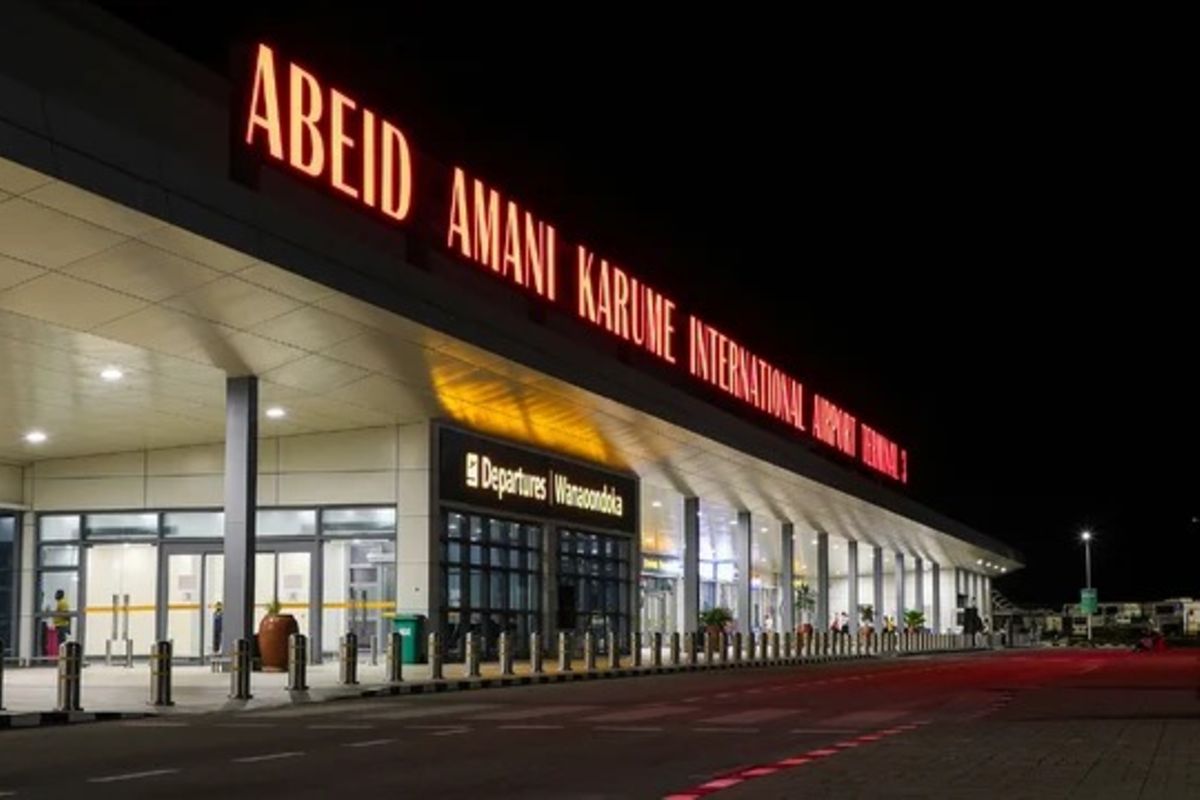Dar es Salaam. Tanzania is expected to benefit from the Asean-Africa Mineral Investment Forum (AAMIF) through the opportunity to showcase its mineral potential including possession of large deposits of critical minerals.
The forum, slated to take place in Bangkok, Thailand, at the end of the year, aims at promoting critical mineral resources by attracting partnerships and encouraging the establishment of value addition and manufacturing industries in African countries.
It is expected to attract over 30 African countries including investors and financiers across the world.
It has been organised by the Asean Africa Minerals Investment Forum Committee-Africa in collaboration with different chambers of commerce and organisations from Thailand.
The forum envisages presenting a significant opportunity for Asean and African countries to enhance their mining sectors and forge strategic partnerships that can drive sustainable economic growth and development.
A communique issued by the AAIMF shows that Tanzania, being the home to a wide range of critical minerals including rare earth elements, intends to increase mineral earnings to $6.6 billion by 2027, which is equivalent to Sh17. 16 trillion.
A geologist, Dr Dalaly Kafumu, who is former Commissioner for Minerals and former Member of Parliament, told The Citizen that Tanzanian ambition was to stimulate partnerships that would attract more investors in the exploration, mining, and processing of critical minerals in Africa.
“By doing so, the continent can play a beneficial leading role in the global critical minerals supply chains,” he said.
“Secondly, we expect to promote and encourage investors from developed countries on the continent’s mineral value addition as well as establishing and expanding local mineral value chains that could ensure more employment and increased value from the minerals,” he added.
Further, Dr Kafumu said the forum is expected to fuel investments in the smelting, refining, and manufacturing of mineral-based goods on the continent.
According to Dr Kafumu, Tanzania is home to over 24 varieties of critical minerals including, lithium, graphite, nickel, cobalt, copper, rare earth elements (REE), titanium, and vanadium, among others.
However, he said only a few of these minerals were currently being explored including graphite, copper, nickel, cobalt, titanium, rare earth elements, lithium, and vanadium.
He noted that Tanzania can leverage these minerals and become a world player, noting that the forum acquires a pivotal role in the economic development bowl of the country.
The Asean-Africa chairman, Mr Idrissa Songoro, said during the forum, different experts from Tanzania and other parts of the world will have an opportunity to present papers on the importance of critical minerals in the energy transition aimed at ensuring that the world moves away from fossils-based energy to clean energy in the world’s climate change mitigation efforts.
“There will be critical discussions on the significance of critical minerals in various fields such as renewable energy to curb climate change, electronics, defence, and healthcare,” he said.
Further, he said there will be an analysis of resource security and geopolitical dynamics regarding critical mineral scarcity and competition, including geopolitical risks, trade tensions, and strategies for diversifying supply sources and reducing dependencies on single suppliers or regions.
He said exhibitions and the engagements of various players such as financial institutions like banks and trusts, exploration and mining companies, hi-tech electronic companies, and investors of all kinds will play out.















